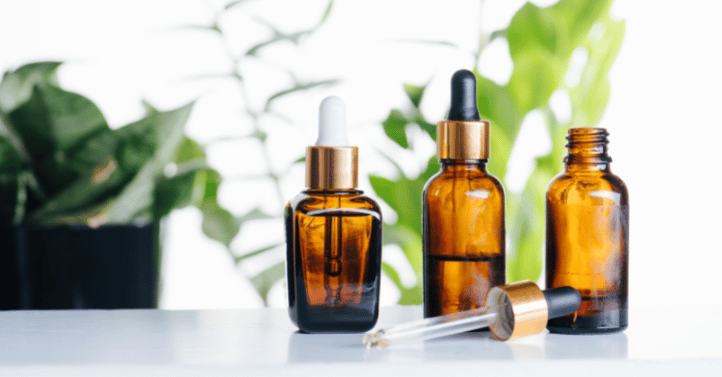Supply chain disruptions are still affecting markets in America – and they’re trickling down to cause issues in the personal care ingredients industry.
“The U.S. is facing a lack of availability of maritime containers, and ships have struggled to dock at ports to offload goods,” notes Carlos J. Ruiz, Project Lead in our Chemicals sector. “Moreover, there is a general lack of sea transport, and delivery times have doubled. All this has led to shortages, increasing inbound safety stock and significantly increasing prices; this is affecting raw materials as well as finished cosmetics and beauty products.”
As in the European market, the U.S. personal care industry is continuing to recover from the COVID-19 pandemic. While the skin care segment was resilient, with more people paying attention to their skin, other segments such as color cosmetics, hair styling, and sun care were the most affected.
“The color cosmetics market was severely hit and registered a drop in demand of 40%-45% in 2020,” says Ruiz. “It recovered slightly in 2021 but still showed a demand 25%-30% lower than pre-pandemic levels. In regard to the sun care segment, estimations indicate that 2021 demand was 5%-10% lower compared to 2019 levels.”
Meanwhile, consumer interest in more natural and sustainable products is global, but Ruiz says the clean beauty movement plays further importance in the U.S. market than, for instance, in the European region.
“While the EU has a harmonized system and there are more than 1,300 ingredients banned for use in cosmetics, registering a cosmetic product is voluntary in the United States, and only 30 substances are banned for cosmetics use,” he says. “Under this premise and pillars of safety, sourcing, ethics, and sustainability, retailers have been pushing and creating their own clean standards, limiting the use of some chemicals that are linked to health or environmental issues.”
An example is the Credo Clean Standard, one of the strongest requirements in retail aiming to raise the bar on safety, sustainability, and transparency in the beauty industry. Credo’s dirty list prohibits more than 2,700 specific ingredients and types of ingredients that are used in beauty products due to safety and/or sustainability reasons.
Other renowned clean standards are ones from Sephora, The Detox Market, and Whole Foods.
For more information on this subject, check out our Personal Care Ingredients: Global Market Analysis, which analyzes the consumption, supply, and pricing of ingredients used in personal care formulations. It also evaluates drivers and restraints affecting the market and builds a five-year forecast model, giving a clear view of market opportunities in the post-COVID world. In addition to the United States, the study covers Africa, Brazil, China, Europe, India, Japan, Southeast Asia, and Rest of World.

